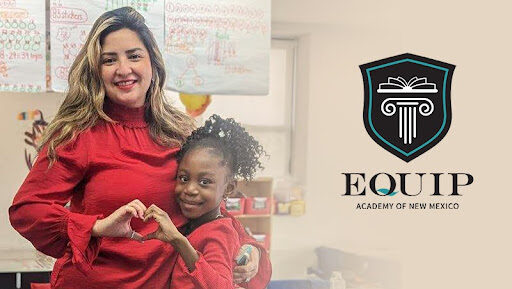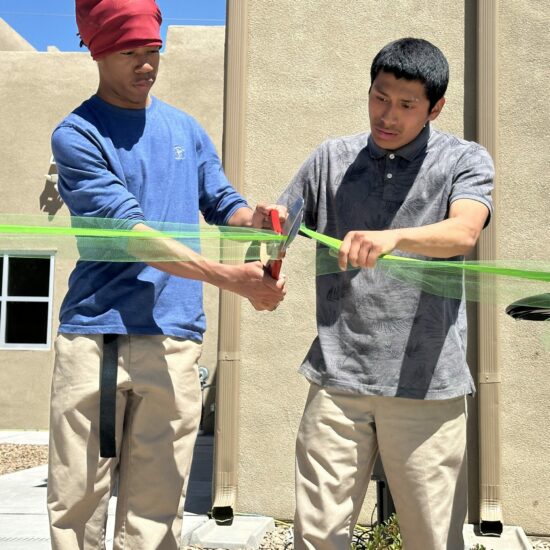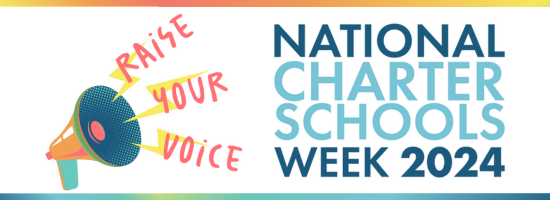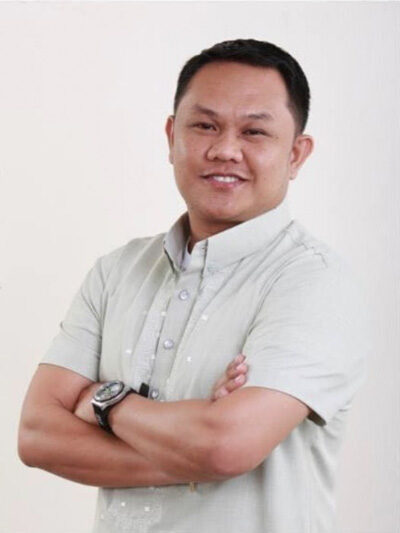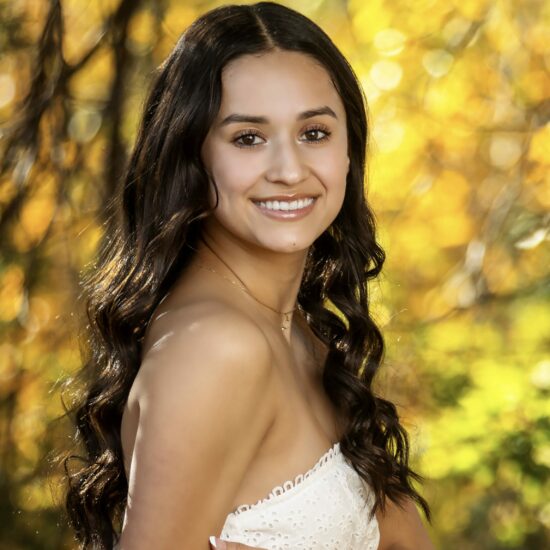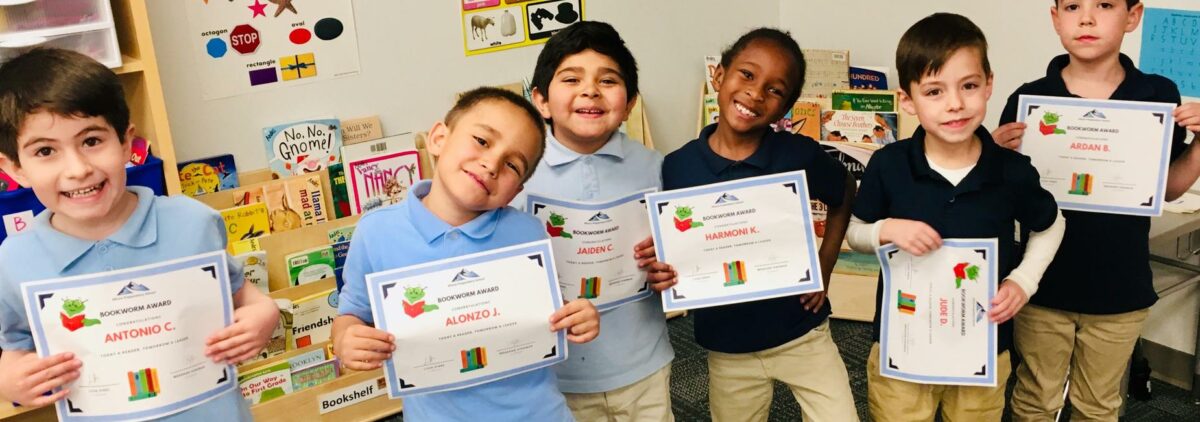
Editor’s note: Altura Preparatory Charter school, a K-5,Title I school in Albuquerque, was one of three schools recently honored by Teach Plus New Mexico for its innovative practices. Teach Plus lauded the school for “assigning content specialist teachers for all grades K-4, giving each student access to subject-focused instruction, differentiation, and intervention. Teachers are given more time to thoroughly teach their subject area, providing students with a learning environment where each subject is taught with fidelity and dedication to student mastery. New Mexico Education recently interviewed Altura founders and co-directors Lissa Hines and Meaghan Hindman about the school and their approach to elementary education. This interview has been edited for length and clarity.
New Mexico Education: Please tell us a bit about your backgrounds and how you came to found Altura Preparatory.
Lissa Hines: I started my teaching career in 1995 here in Albuquerque. We moved to the Bay Area in 2005, and I became an assistant principal in Oakland Unified School District. After two years, I went to a charter school, and then back to Oakland Unified. Then we moved back to Albuquerque, and went back to the school where I had left in 2005.
I was super discouraged by what I saw. My girls had attended my school in Oakland, a California Distinguished School and National Blue Ribbon School. Going from there to what was considered an A-rated school here in New Mexico was a bit of a shock. My daughter was doing things that she had already done in fourth grade as a fifth-grader. And I was really disillusioned with the education my second-grader was getting as well.
I met Scott Hindman (executive director of Excellent Schools New Mexico) and he introduced me to his then-fiance Meaghan. We talked a lot about the educational field but didn’t immediately commit to anything. Then, two months later, after I went out to Oakland to get the Blue Ribbon award, we decided, let’s do this. Let’s start a school. Albuquerque Public Schools, with 90,000 kids, didn’t have a single Blue Ribbon school that year.
Meaghan Hindman: I grew up here in Albuquerque, and then left for college and became a teacher in the Bay Area. I went back to school, got a Master’s Degree, then worked at a single-site charter school in San Jose that was doing some really new and different things.
I moved to Memphis for a year and worked as an assistant principal at a turnaround middle school before moving back here in the summer of 2016 when Scott founded Excellent Schools New Mexico. Turnaround work was really hard so I needed a couple of months to figure out what I wanted to do next. And then I met Lissa.
We decided we could do something really different here. So in 2016 we started planning and wrote our charter application that next spring. We were able to get New Schools Venture Fund funding for startup, which was huge. I think we’re the first school here in New Mexico to get that.
Our charter was approved unanimously and we spent the 2017-18 year planning, recruiting students, doing all of that stuff I would never want to do again. We opened in September of 2018 with 60 kids in kindergarten through second grade. We added a grade every year through fifth grade. So last year was our first year where we had graduating fifth graders.
NME: How did you come up with the model for Altura Preparatory?
Hines: Back in the Bay Area we both were exposed to Rocketship Public Schools (a network of high-performing charter elementary schools in underserved communities) and loved what they were doing. I used to take my teachers every year to see Rocketship. And we developed that content specialists model in OUSD. It was amazing that we were able to do that because they were a very unionized district. Teachers loved it.
So when we sat down in the middle of Thanksgiving break and asked ourselves, what do we want our school to look like? One of the first things we talked about was what we had seen at different high performing charter management organizations that we wanted to replicate, because we weren’t trying to reinvent the wheel.There are so many people out there doing amazing things that don’t get the press for it.
No one had heard of content specialists in elementary school out here in New Mexico. And our thinking was, if we are trying to retain teachers, instead of having them be jack of all trades, having to do so many things K-5 and then leave the profession because it is overwhelming. What if we had them specialize? We wanted a model that would be doable for teachers, that wouldn’t cause the burnout that I think we’ve both seen with both young teachers and older teachers.
This allows them to develop as a teacher and hone in on an area that they love and just become an expert in teaching that particular subject.
NME: Do you have elementary school kids moving from room to room for different subjects, or do the teachers move?
Hindman: The kids move. But it doesn’t look like a middle school passing period, with kids just everywhere. They line up, they walk together and they have a routine for changing classes. They also change for electives. All kids get chess, art, PE, and Lego engineering.
Hines: It’s so funny because when people first hear about this, even some of the people that we’ve recruited they’re like, “Oh, is that developmentally appropriate for kids?” Oh my gosh, it’s totally fine. The kids love it. I always talk about the fact that I have ADHD and for me as a kid all that movement would have been great.
Another important point is you have three different core academic teachers you’re working with, and if you think about kids getting pigeonholed in kindergarten or first grade because a particular teacher might not know how to relate to them well, and they’re not the best experience scholastically in kindergarten. Well when you’ve got three people you’re rotating through, during the day, that’s three different people that are looking at you in different ways and they are going to find a way to work with you to meet your needs.


